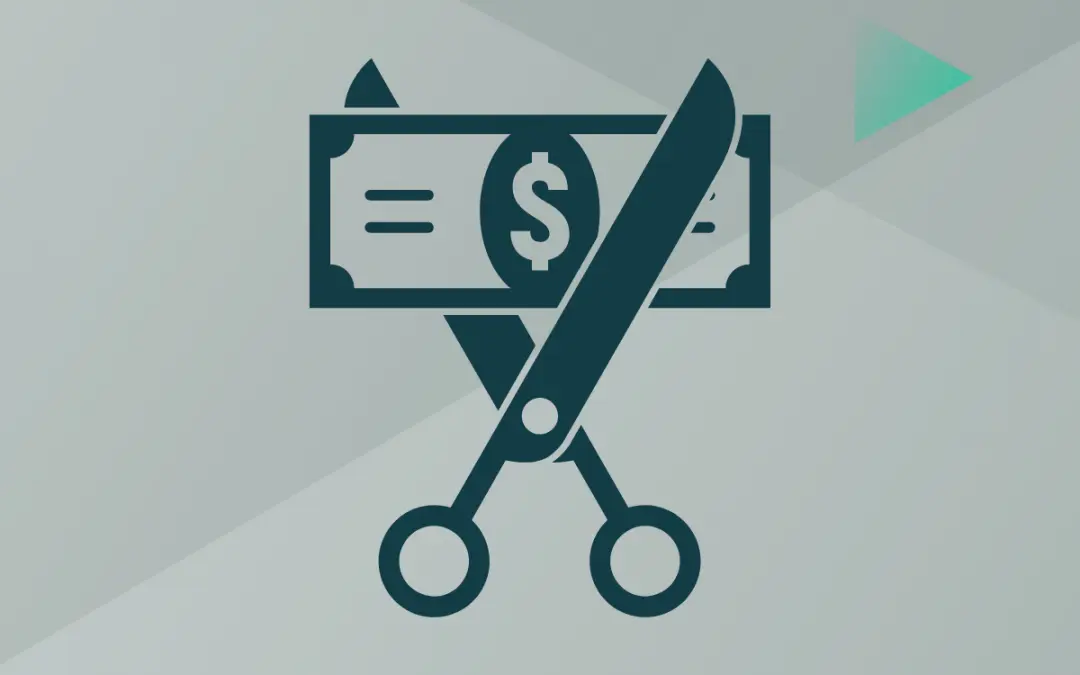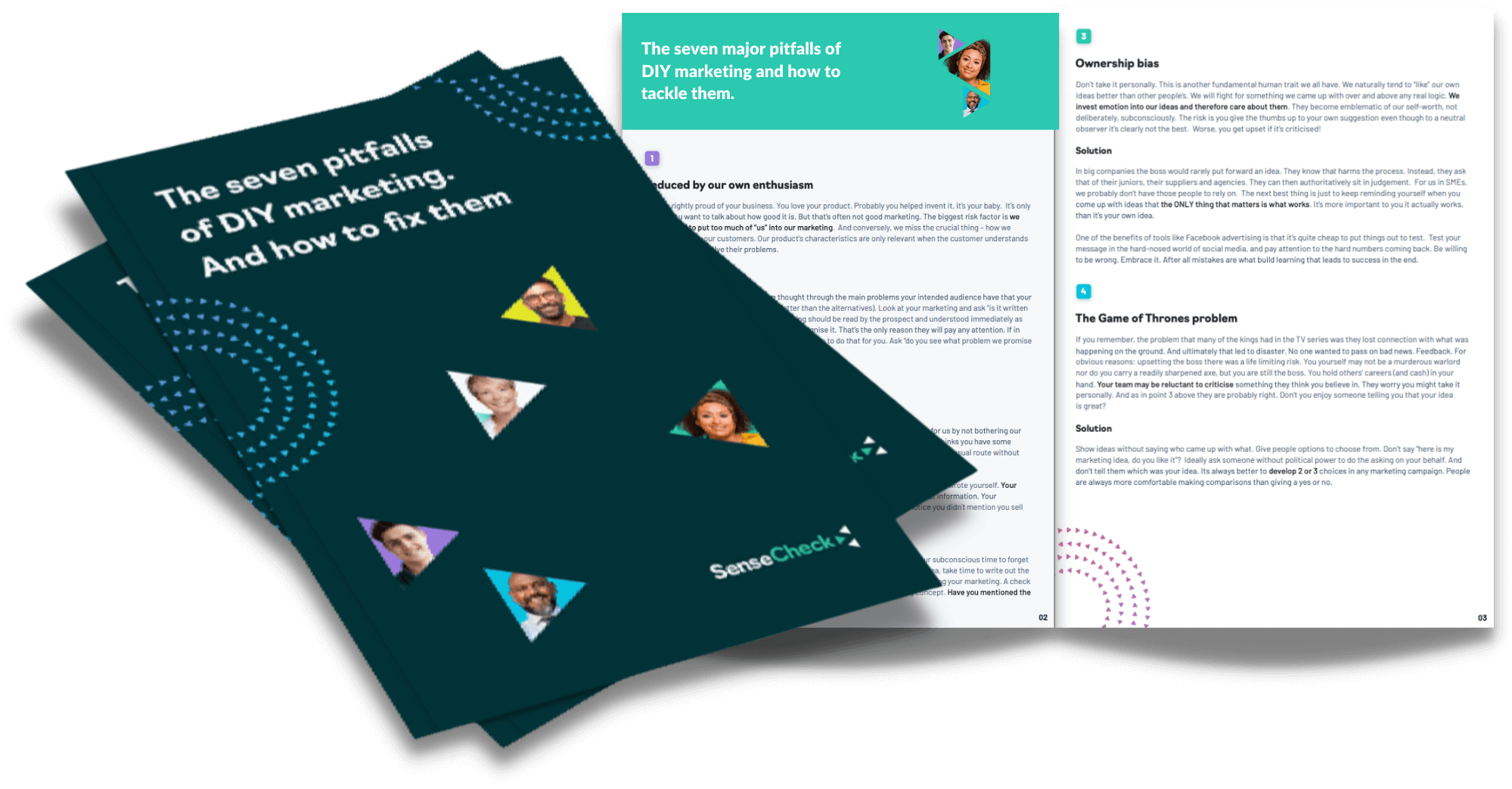
Some of the worst guesses of all time:
Einstein thought nuclear power impossible. Keynes thought by now we’d have a 15 hour work week. Irving Fisher said in October 1929 that the NYSE had reached a “permanent high plateau” . General John Sedgwick’s last words in the Civil War about enemy sharpshooters a mile away were “they couldn’t hit an elephant at this distance.
How much does guesswork cost you?

In business, when you think about it, we are just guessing most of the time.
For how many decisions we make in our daily business life do we have little or no evidence to guide us? Some? Most? All?
If you are in small business land, like me I’d guess it’s pretty much all of them. Fresh from reading Good Strategy, Bad strategy by Richard Rumelt I am reminded that our enemy is often the sheer complexity of the challenges we face and the confusion of choices we have at our finger tips.
Is the product right? Are we targeting the right customers? Do we understand their needs well enough? Are our sales people up to it? Is our quality good enough? Is our problem awareness or conversion? What are the competitors doing? Are they cheaper or more expensive? Are we too costly? Am I investing too much? Too little? The questions are endless.
And yet we keep making decisions and getting on with things. Otherwise nothing happens and failure is guaranteed. This is most obvious in the world of marketing where (frankly) most of the time you don’t even know what worked after the event.
As a market research provider and as someone trained in the school of Unilever I have seen how considered use of research can help with the big marketing decisions but for the most part even in Unilever the small decisions have to be taken using that thing called “judgment”. I once heard a blue chip CEO asked “why are you worth so much money”. He said “I make all the big decisions”. When asked then “how did you learn to make the right decisions”, the reply was “from making loads of wrong ones”. So this is an expensive thing, judgement. However you look at it. And for small businesses market research is rarely an option.
So, my idea was to release the power of the crowd, the wisdom of the masses in small business land. Hence Sensecheck. The strange love child of market research and asking your mate/partner/accountant/bloke in the pub for a second opinion. So at least you can back up your guess with experience of other people.
